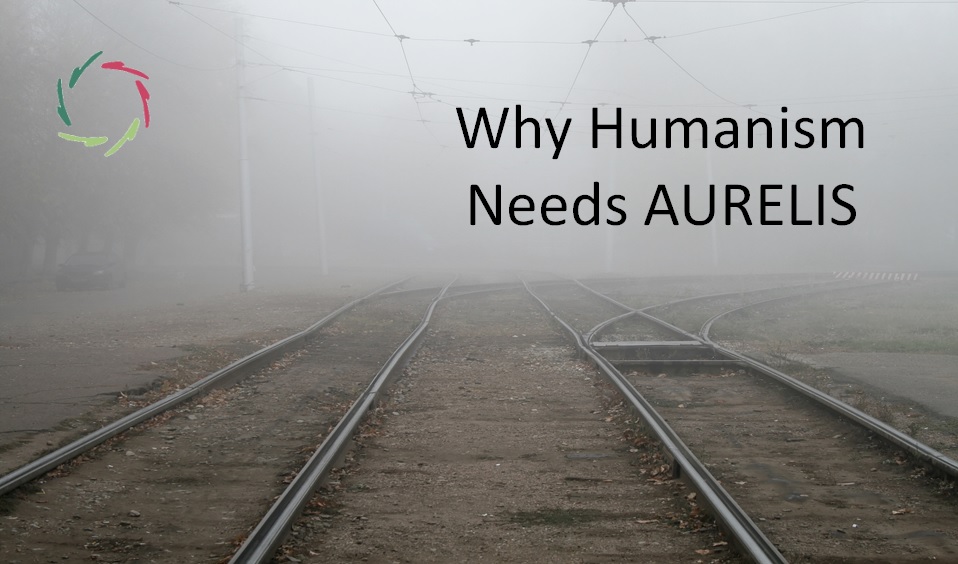What do People Seek in Magick?

People seek pleasure and happiness. For this, they seek a fulfilling life. For this, they seek meaningfulness. Where do they find it?
Magick =
very broadly, the use of ritual actions with the aim to manipulate supernatural forces. For instance, psychic healing.
Magick is frequently opposed to organized religion as well as science, while at the same time pushing forward an appearance of being itself one of these, or even both.
Magick frequently uses terminology that appears to point inwardly. If you look closely enough, it’s just an appearance. Terms like holistic are used as un-holistic as anything. Many others are mainly used as gratuitously deceptive depth-made-easy, carrying superficial symbolism.
The aim is to get material benefits, but frequently also meaningfulness ― as if mere manipulation would ever deliver this in-depth. In any case, magick doesn’t, nor does more magick or of a different kind. Meanwhile, the magician might do so but not through his magick.
A purely conceptual world is cold and hard.
It doesn’t provide room for the total human being. There is no deep meaningfulness within concepts. They are like empty boxes, like jugs containing water. They are not, themselves, the water.
If one treats them as if they would be the water, there is not even water inside. Western modernism (or ‘positivism’) is a culmination of this. That’s why, to many people, it feels very dry. Many of these associate rationalism therefore with this dryness. To me, rationality is about reality, and reality is, as far as we know, quite different, being only partly graspable through conceptual means.
An example: the coldness of medical education
During our years of studying medicine, we – I think, all of us – were imbued with the certainty that we were led into a vast space of rational thought and action.
The first year was even a non-medical bath of math, physics, chemistry, etc. Most students didn’t pass. This is, one had to show oneself as a ‘person of science’ to start one’s medical inoculation. No magick, of course. Also, no human depth. I decided to turn my heart into stone, finish the years, then see.
Conceptual medicine is cold. No wonder it doesn’t satisfy.
Magick promises ‘the other side.’
Cold rationalism leads to technological success. Therefore, one cannot avoid its presence in daily work, life, and play. However, that way, it also risks pervading the complexity of inner life and bringing into this something barren.
Many seek in magick what they are missing in cold rationalism. Indeed, magick promises this. That doesn’t mean it also brings this. Magick certainly doesn’t deliver what it directly promises. Miracles don’t happen.
Indirectly, magical ways may bring some depth, but generally little. That this little is enough for many to keep searching even beyond all rationality shows a deep vulnerability.
Not finding meaningfulness inside, yet feeling its importance, people seek where they generally look for solutions. That is, outside themselves. Technology has the additional (dis)advantage of bringing many solutions to real problems precisely outside. Modern people continually experience the success of this, which makes them even more vulnerable.
In combination with a hunger for power
Manipulators may see in this vulnerability an open door towards gaining power over others, whom they frequently see as naïve – sorry – suckers who are only worth it to be manipulated.
Not all magicians are manipulators, but enough of them. Those who aren’t are at risk of being manipulated themselves, serving as a hatch for the malefic proceedings of others.
Eventually, the hunger for power that may be involved is mainly oriented towards oneself: hunger for power over the own deeper self. As is generally the case, the outward thrust for power is a projection of an inner thrust. One sees at work the mere-ego.
We need a genuine synthesis of both sides.
No magic is required for this. A synthesis of rationality and depth can be found open and straightforwardly.
Of course, you’re at it.


